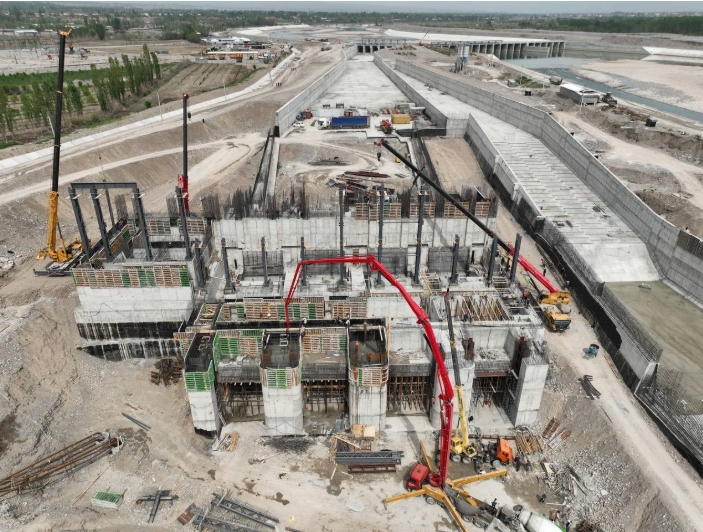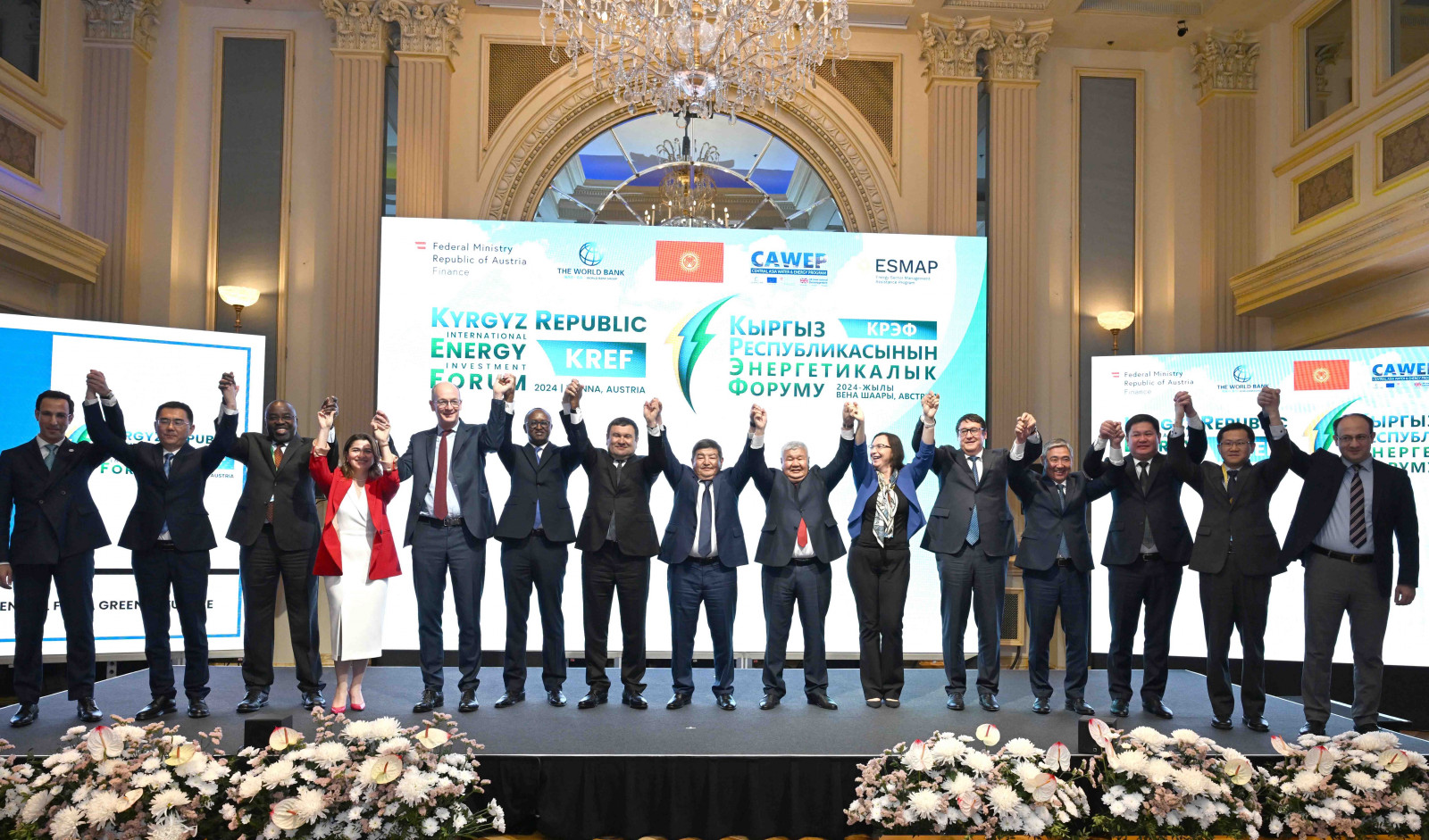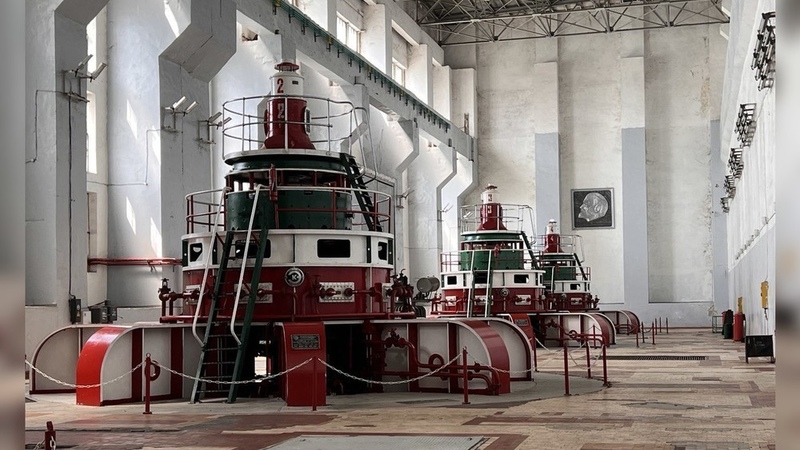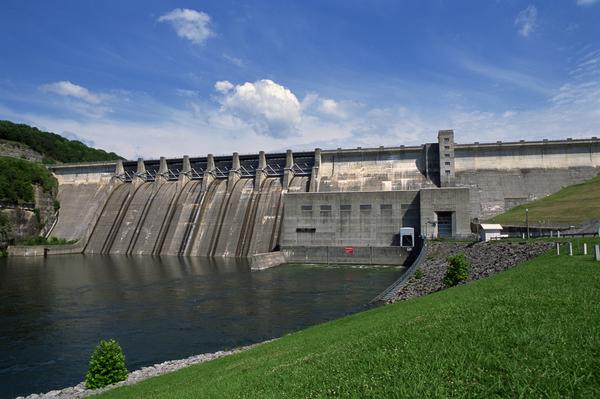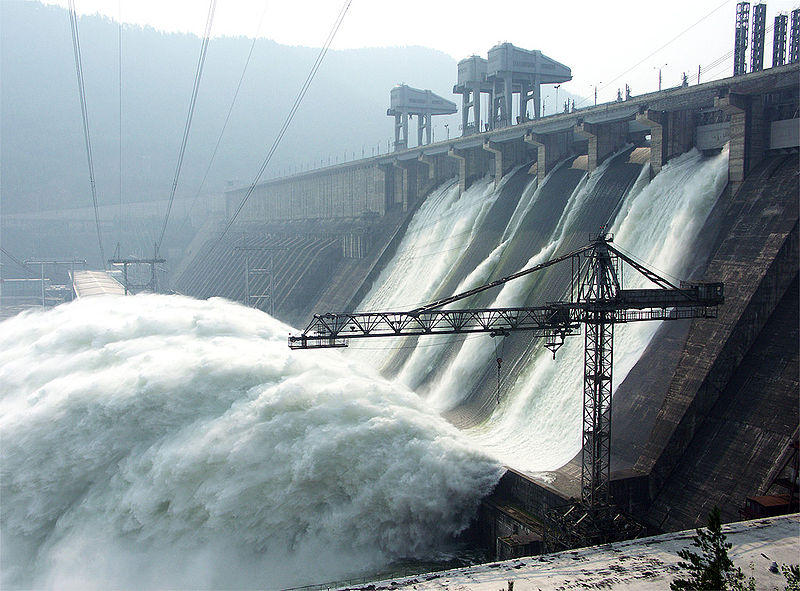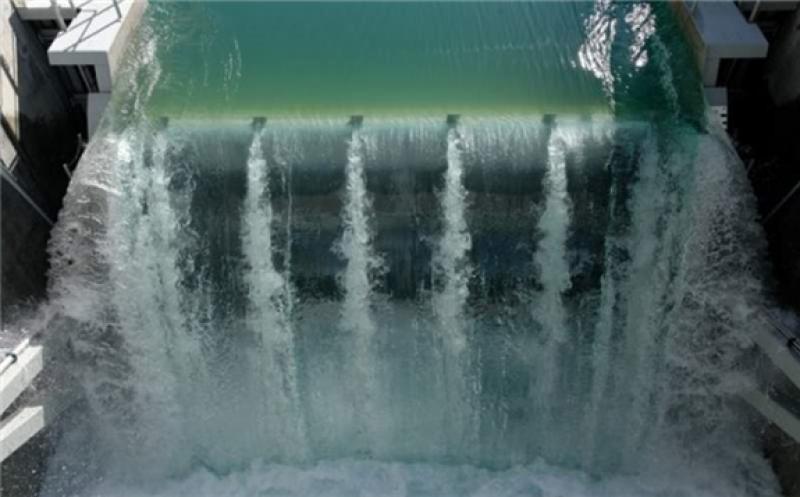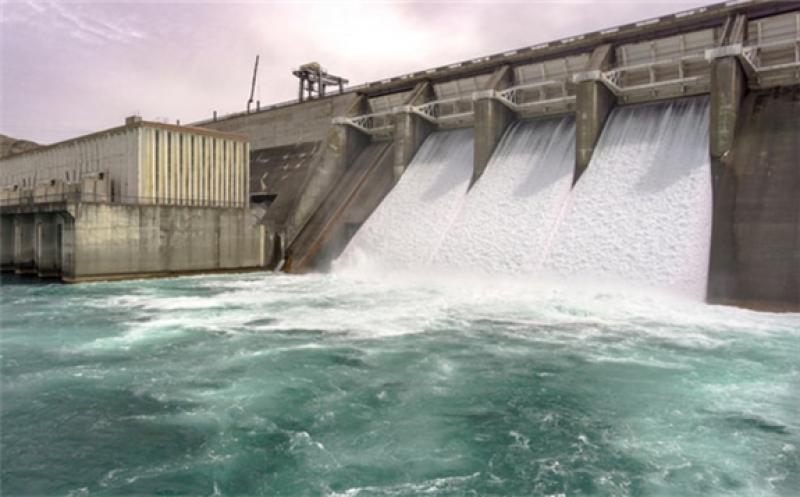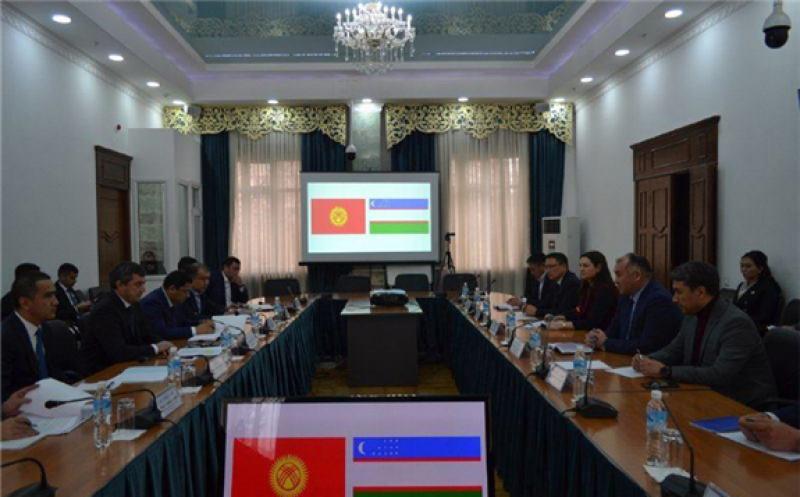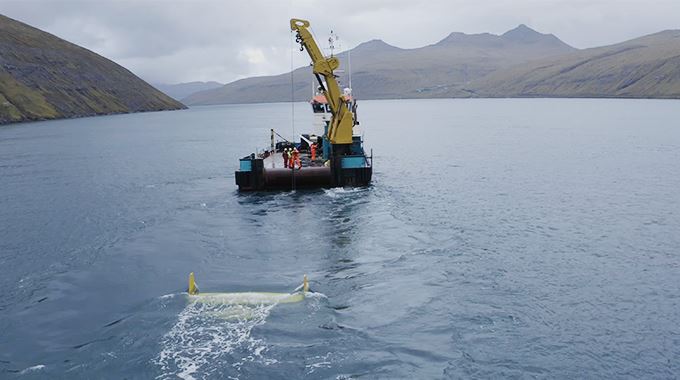
After successful commissioning and four months of grid-connected operation with Dragon 12, Minesto spent the fall focused on evaluating powerplant performance, analyzing critical technical systems and operating procedures, and identifying selective upgrades of the power plant.
The company says an integral part of this work is a third-party technology review performed by independent expert DNV. In parallel, further site development work to assess and compare tidal flow conditions between the existing site in Vestmanna and Hestfjord has been advanced.
Key aspects of the optimized systems for Hestfjord site include:
An assessment of the tidal resource and other site conditions in Hestfjord has been further verified and deemed improved, which provides input to a customized design of the Dragon 12 powerplants for this location.
The Dragon 12 overall hardware configuration will remain largely unchanged, with increased generator capacity to 1,75MW as the key upgrade.
There will be an adaptation of the wing profile, and the Hestfjord site will also allow for a longer tether. Both changes are intended to contribute to increased production yield.
The service and maintenance concept, both on-shore and off-shore, has been scaled up and verified.
Usage of existing and therefore proven solutions regarding subsea cables and onshore transformer configurations have been confirmed, thereby eliminating the need for further technology development and increased sub-sea complexity in electric infrastructure.
The drilled and grouted foundation solution used in Vestmanna is proven, and the concept is confirmed to be viable for Hestfjord.
“Our work efforts the last months lead to two overall conclusions: firstly, we can offer the lowest cost ocean energy in the world already at our first array build out and secondly, we have selected a near perfect tidal site for our technology,” said Dr Martin Edlund, CEO of Minesto. “So, despite obvious cost of energy disadvantages of initially building a small-scale project, we start our journey towards reduction of LCOE at a point where other marine energy technologies hope to end theirs.”
Operational development and testing will continue in Vestmanna to strengthen the commercial offers related to Hestfjord and smaller D4-based microgrids. Recently, a two-week campaign with the Dragon 12 has been conducted in Vestmanna, which the company said resulted in an improved launch and recovery procedure that includes near shore anchoring of the large megawatt kite.
The company is also preparing the site for the commissioning of new small-scale systems to be delivered to microgrid site customers elsewhere. This will include more operations with D4 systems at the site and the development of upgrades of sea-bed infrastructure suitable for a more powerful microgrid Dragon system, up to 200kW.
The water depth at the location of the Dragon 12 foundations in Vestmanna allows for an extension of the tether by 15% within the existing marine license. In preparation for commercial build-out in Hestfjord, Minesto will conduct a tether test. The new tether is currently being manufactured.
Minesto began the first phase of Hestfjord Dragon Farm in October. This January, Minesto announced it had completed all the infrastructure work for the Dragon 12 tidal energy project, meaning the site was ready for power production. Infrastructure work on the tidal energy system was concluded with the connection of the export cable to the foundation. Completion of the sub-sea infrastructure included re-locating the pre-installed junction box at the end of the export cable into a frame on the foundation to create the plug-and-play connection with the tether to the Dragon 12 kite.
In February 2020, Minesto signed a power purchase agreement (PPA) with electric utility SEV, advancing the parties’ collaboration to integrate tidal energy into the Faroe Islands’ electricity mix. The PPA comprises the planned installations of two 100 kW systems of Minesto’s subsea kite technology and an additional 2 MW capacity allocated for installations of utility-scale tidal energy systems.
Over the summer, Minesto was one of 13 entities that joined the Marine Energy Council (MEC) as lead partners to support MEC’s ambition to make the UK the world leader in tidal stream and wave energy. MEC was established in 2018 and has worked to improve the investment landscape for marine energy in the UK. This includes securing three successive tidal stream ringfences in the UK’s renewable auctions and raising the profile of wave energy’s role in the future energy mix.
To support the organization’s expansion and increase its capacity, MEC introduced a lead partnership model for 2024/25. MEC’s lead partners represent innovative companies and organizations working at the forefront of realizing the UK’s 30 GW+ of marine energy potential. Lead partners will play a key role in MEC’s future, taking on a position on the board and providing strategic direction to MEC’s activities.
